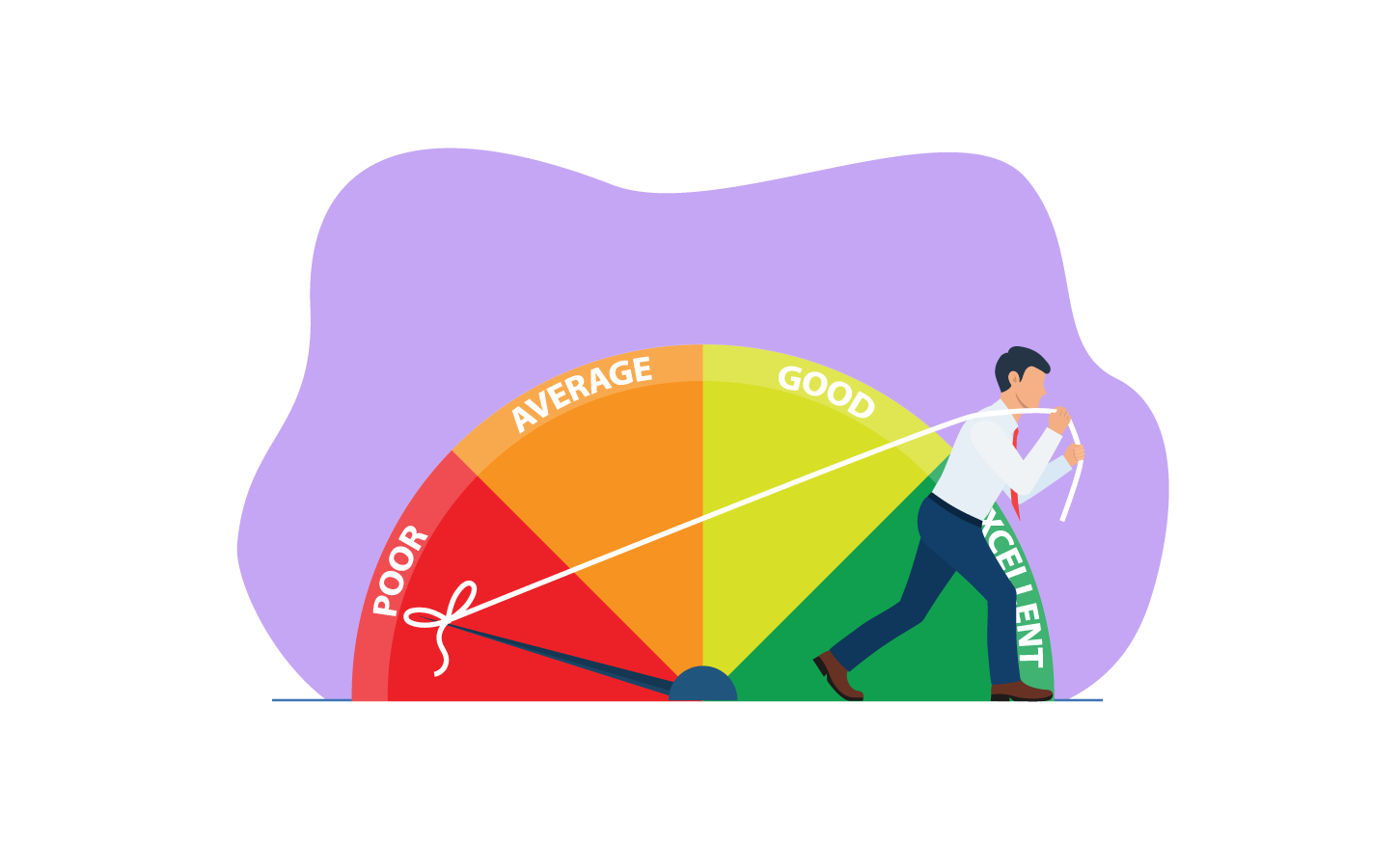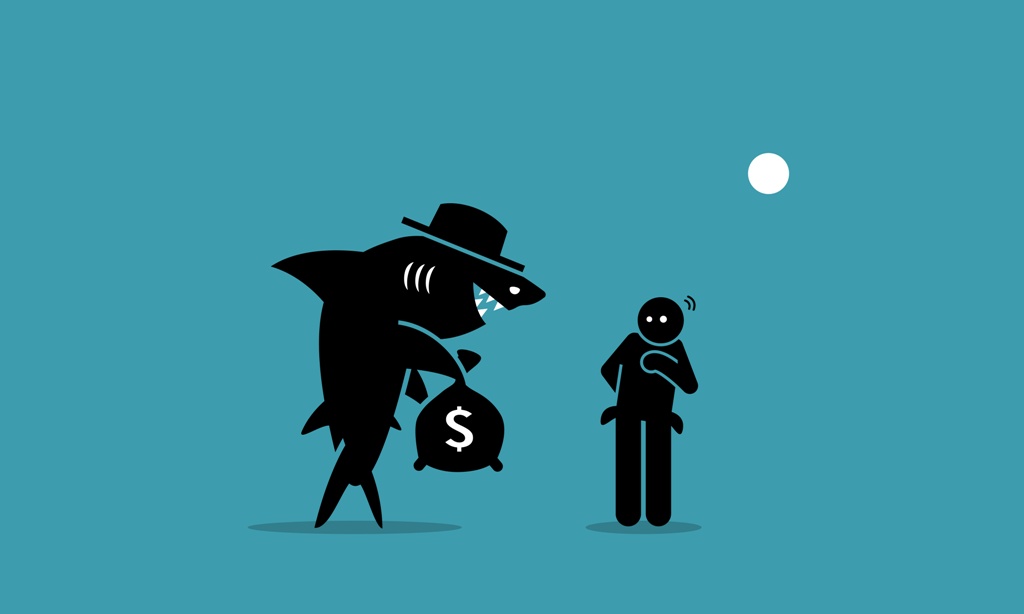Many of us may not think much about our credit score until the day when our loan/credit application is rejected. A credit score is a number used by lenders as a gauge of how likely one will repay his debts and the probability of going into default. It is an independent assessment of the individual’s risk as a credit applicant. It is thus important because it can affect the cost of your loans and whether the loan gets approved.
How credit bureaus work
Credit Bureau Singapore(CBS) was launched in 2002 as a private company owned by the Association of Banks in Singapore and information management firm Dun & Bradstreet. CBS collects information from members such as banks and financial institutions, as well from publicly available sources such as bankruptcy records. It includes your personal data, loan repayment history, closed accounts, credit card balances and credit limits. Banks will then use the data and credit scores to gauge whether they should lend you money, extend a credit line or charge you higher interest on your loans.
Since most people will probably need to take a loan sometime in their life, be it a study loan, personal loan, credit card or mortgage loan, it is extremely important to ensure you keep a good credit score.
What factors can affect your credit score?
If you’ve been through an unfortunate loan rejection recently, the first thing you should do is to check that the information in CBS is accurate. You can do this by buying a copy of your credit report online. If the information is reflected incorrectly, you should approach the credit bureau or bank to rectify it.
If you want to keep up with a good credit score, take note of the following:
1. Be on time with your bill payments
Late credit card bill payments and loan repayments can definitely put a mark on your credit report. If it happens infrequently and you’ve taken steps to ensure you pay it in full, that shouldn’t put a huge dent in your credit reputation. But if it happens every other month, that would probably tell your future lender you aren’t a very timely payee.
2. Too many applications within a short period of time
Perhaps you’ve got a decent credit score but in your enthusiasm to get a loan as soon as possible, you’ve put in a loan enquiry to 5 banks at the same time to see which ones could grant you the loan soonest. But that’s going to hurt you – each time a bank pulls out your credit file, it puts an enquiry on your file and having too many within a short period of time will make it look like you are trying to take on more debt than you should, putting them on alert.
3. You’ve defaulted before
Defaulting on a loan does not mean you were late for the payment. It means that the bank has written it off as a bad debt. Say you’ve done that many years ago, it is possible that it remains on your credit file. So think twice before doing that.
4. Amount of open credit
Say Lily loves to take up new credit cards for all their sign-up offers and free gifts. However, of the 6 credit cards she now holds in her wallet, she uses 2 of them actively. Sounds familiar? While it may appear not to hurt you at all to have so many credit cards(if you can pay them off promptly), it does put up a risk to your lenders since at any time, you’d have the liberty to use up the full amount of all these credit lines you have.
A good habit to follow is to keep credit card balances below 30 per cent of the credit limit because a high utilisation rate can also lower your credit score.
Do legal moneylenders check your credit score as well?
Licensed moneylenders here use the services of the Moneylenders Credit Bureau (MCLB) which is separate from the CBS. The MLCB works similarly as CBS, but only uses information of a debtor’s unsecured loans with other licensed moneylenders in order to check your creditworthiness. So if you’ve had some trouble with CBS, you might want to consider borrowing from a legal moneylender since it could be more lenient.
Your credit score is important in that it can affect your future loan and credit applications, so start paying attention to your credit scores and make sure you manage your credit lines and loan repayments responsibly for easy applications in the future.
About the Author

Led by a team with invaluable expertise across Singapore’s licensed moneylending, banking, and finance industries, CompareSing provides users with a streamlined yet informative experience at every step of their loan journey.


















